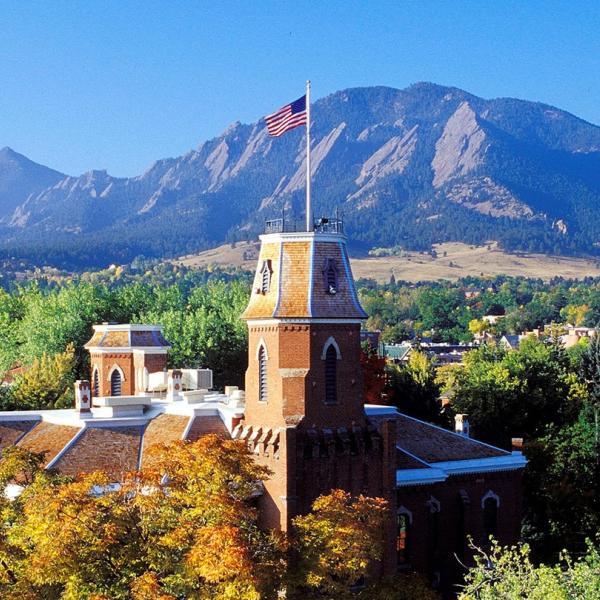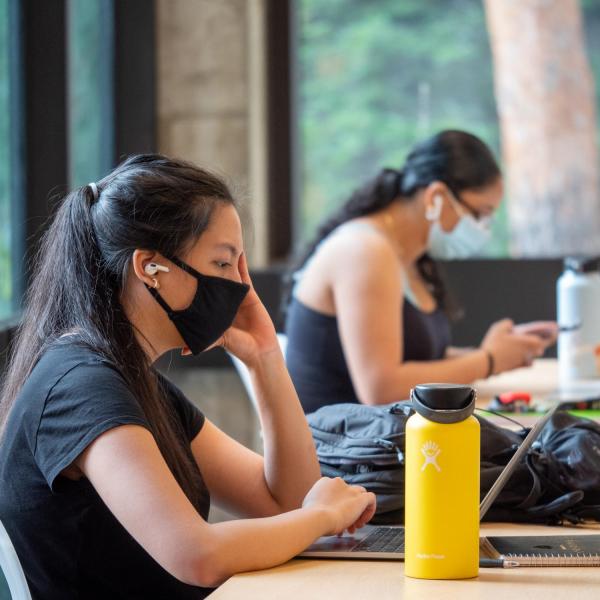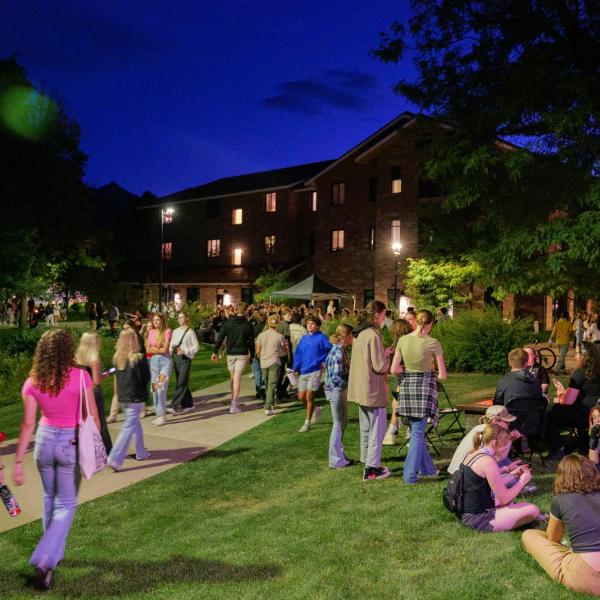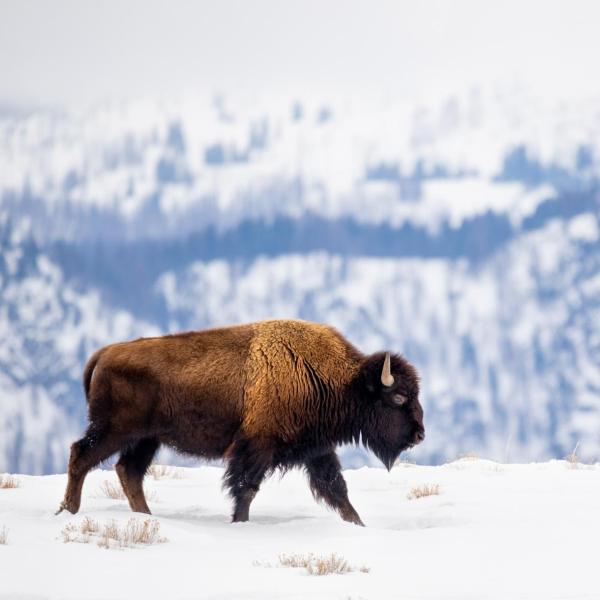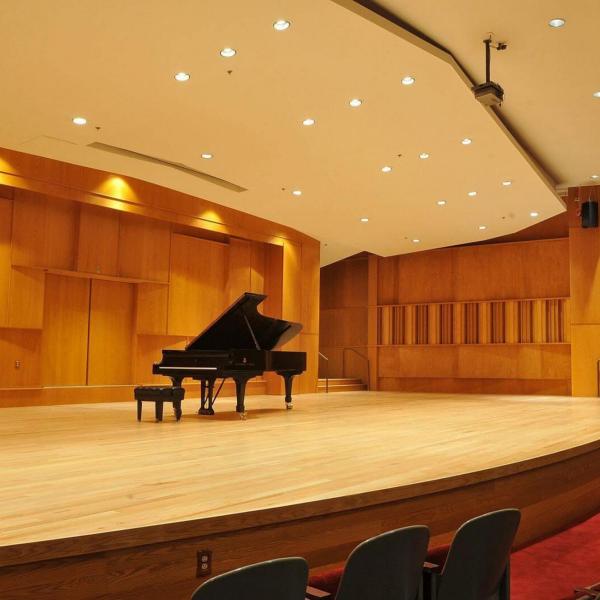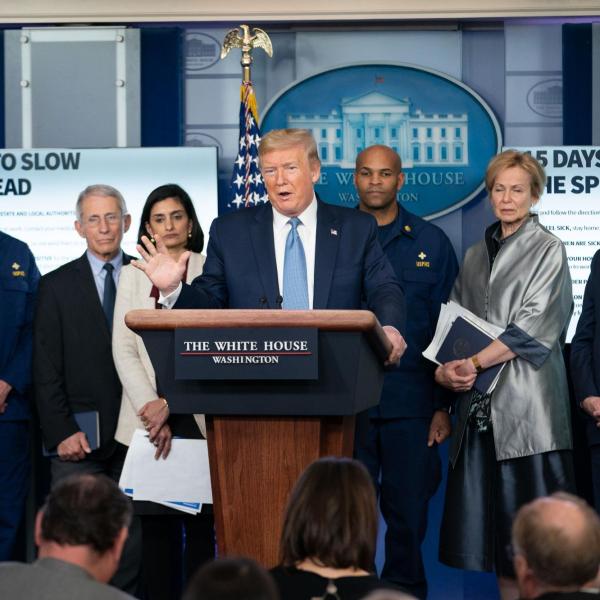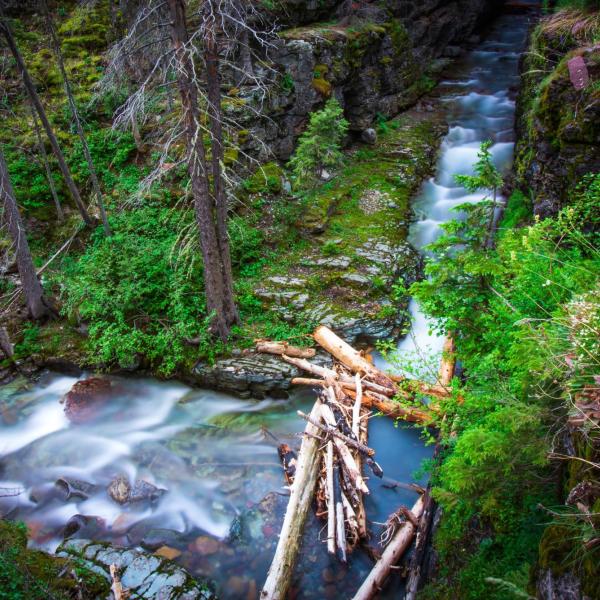Graduate Student Edition - Sept. 2, 2020
New COVID-19-Ready Dashboard Goes Live
5 Things to Know Today
Campus Community
From Dean Banks: Thank you, Buffs!
As we move further into the fall semester, I want to thank you. I am truly appreciative of those who have been showing up for their fellow Buffs by following public health orders with our return to campus.
Boulder City Council receives update on CU COVID-19 response
CU Boulder leaders updated Boulder City Council members about campus initiatives underway to ensure the health, safety and well-being of students, faculty, frontline employees and other staff—and the broader Boulder community.
Helping students boost individual, community wellness in a pandemic
In a new course, designed in part by students, participants delve into the interrelationship between COVID-19 and systemic racism. Anthony Fauci will be a special guest speaker.
Free things to do in September
Wondering what’s happening this month? September brings gaming competitions, academic and career workshops, craft nights, Hispanic Heritage Month events, live music, classes at The Rec and more.
Events & Exhibits
Health & Wellness Summit set to begin Oct. 6
Join this 3-day event, embarking on the journey of endurance in the face of uncertainty–free and open to all students, staff and faculty members.
Student music recitals happening in September
The stars of tomorrow are on stage today at CU Boulder. The students of the College of Music are presenting works old and new for their degree-qualifying recitals. Tune in and enjoy.
Research News
How has science shaped COVID-19 policy? New global project seeks to find out
A new initiative seeks to understand the role scientific advice played, or did not play, in driving COVID-19-related policies in at least seven countries. Researchers hope the project helps improve communication between scientists and policymakers.
New grant supports interdisciplinary research on ‘the critical zone’ and the future of Western water
Three CU Boulder faculty are principal investigators on a new five-year, $6.9 million National Science Foundation grant to study the “critical zone”—from Earth’s bedrock to tree canopy top—in the American West.




